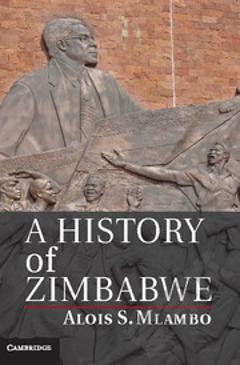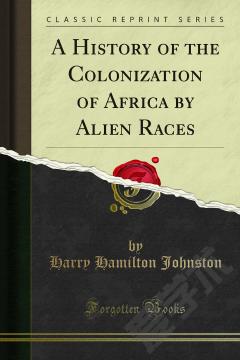Becoming Zimbabwe. A History from the Pre-colonial Period to 2008
Becoming Zimbabwe is the first comprehensive history of Zimbabwe, spanning the years from 850 to 2008. In 1997, the then Secretary General of the Zimbabwe Congress of Trade Unions, Morgan Tsvangirai, expressed the need for a 'more open and critical process of writing history in Zimbabwe. ...The history of a nation-in-the-making should not be reduced to a selective heroic tradition, but should be a tolerant and continuing process of questioning and re-examination.' Becoming Zimbabwe tracks the idea of national belonging and citizenship and explores the nature of state rule, the changing contours of the political economy, and the regional and international dimensions of the country's history. In their Introduction, Brian Raftopoulos and Alois Mlambo enlarge on these themes, and Gerald Mazarire's opening chapter sets the pre-colonial background. Sabelo Ndlovu tracks the history up to WW11, and Alois Mlambo reviews developments in the settler economy and the emergence of nationalism leading to UDI in 1965. The politics and economics of the UDI period, and the subsequent war of liberation, are covered by Joesph Mtisi, Munyaradzi Nyakudya and Teresa Barnes. After independence in 1980, Zimbabwe enjoyed a period of buoyancy and hope. James Muzondidya's chapter details the transition 'from buoyancy to crisis', and Brian Raftopoulos concludes the book with an analysis of the decade-long crisis and the global political agreement which followed.
{{comment.content}}








 京公网安备 11010802027623号
京公网安备 11010802027623号